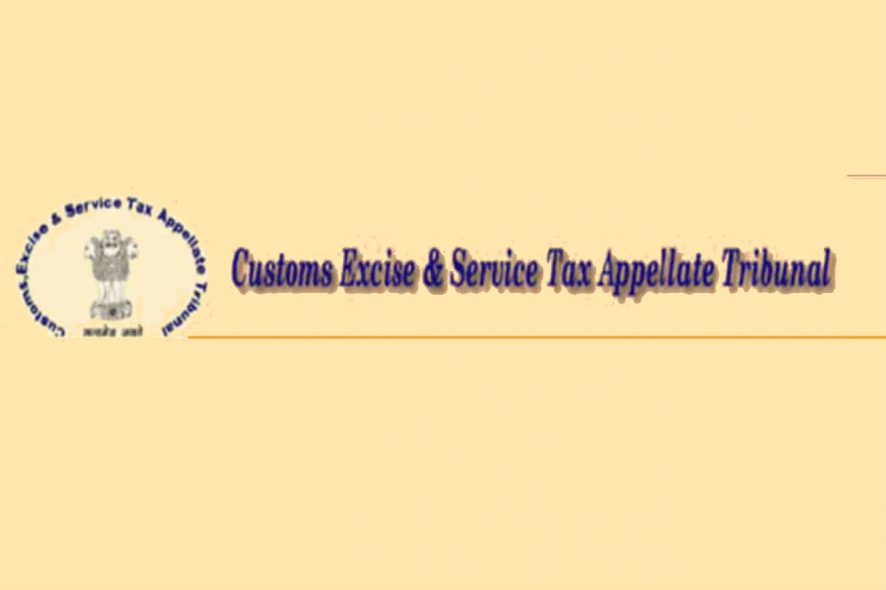Customs, Excise and Services Tax Appellate Tribunal (CESTAT): Ramesh Nair (Judicial Member) partly allowed an appeal where the issue was whether the appellant was entitled to Cenvat credit of Service Tax paid on Outward Transportation Service for clearance of Excisable Goods by the appellant.
The appellant raised the sale invoice in respect of sale of goods wherein after calculating the excise duty on the assessable value an amount of Rs 45000/- was added and recovered from the buyer of the goods. On this freight, the service tax was paid and the same was claimed as Cenvat Credit which was not in dispute in the present case.
Counsel for the appellant, Mr Dhaval K. Shah submitted that freight was included in the invoice value of the goods and the sale was on FOR basis therefore, the service tax paid on such transportation charges was admissible for Cenvat Credit, he further submitted that the issue involved was of interpretation of Cenvat Credit Rules and there was a bunch of litigation on the same issue of admissibility of Cenvat Credit on outward transportation, therefore being the pure question of law involved there was no intention to evade excise duty.
The Tribunal after perusing all the records found that issue of Cenvat Credit on outward transportation has been considered by this tribunal in detail in the case of Ultratech Cement Ltd. v. C.C.E Kutch, 2019 (2) TMI 1487- CESTAT Ahmedabad and in the case of Sanghi Industries Ltd. v. C.C.E Kutch, 2019 (2) TMI 1488 – CESTAT Ahmedabad. The Tribunal observed that in the above cases Cenvat credit was allowed on one of the important facts that the freight element was included in the assessable value and excise duty was paid there upon. It was also a fact in those cases that the assessee had not charged the freight separately to the customers, however in the present case it was seen that freight amount of Rs 45,000 was charged by the appellant to their customers separately, the said amount of the freight was also not included in the assessable value.
The Tribunal found that the appellant on merit was not entitled to the Cenvat Credit however the Tribunal emphasized that the issue involved was of interpretation of Cenvat Credit Rules and on this issue, there were a number of cases made out by the department. In these circumstances, it could not be said that the appellant had a mala fide intention to evade the excise duty by taking the wrong credit.
The Tribunal while partly allowing the appeal set aside the demand for the extended period stating that the remaining demand may be re-quantified by the adjudicating authority and recovered the same from the appellant in accordance with law, the Tribunal further held that appellant was not liable for penalty under Rule 15(2) of Cenvat Credit Rule 2004 read with section 11 AC of the Central Excise Act 1944 as there was no intention to evade duty.[Inox (INDIA) (P) Ltd. v. C.C.E. & S.T., 2021 SCC OnLine CESTAT 157, decided on 25-03-2021]
Suchita Shukla, Editorial Assistant has reported this brief.






